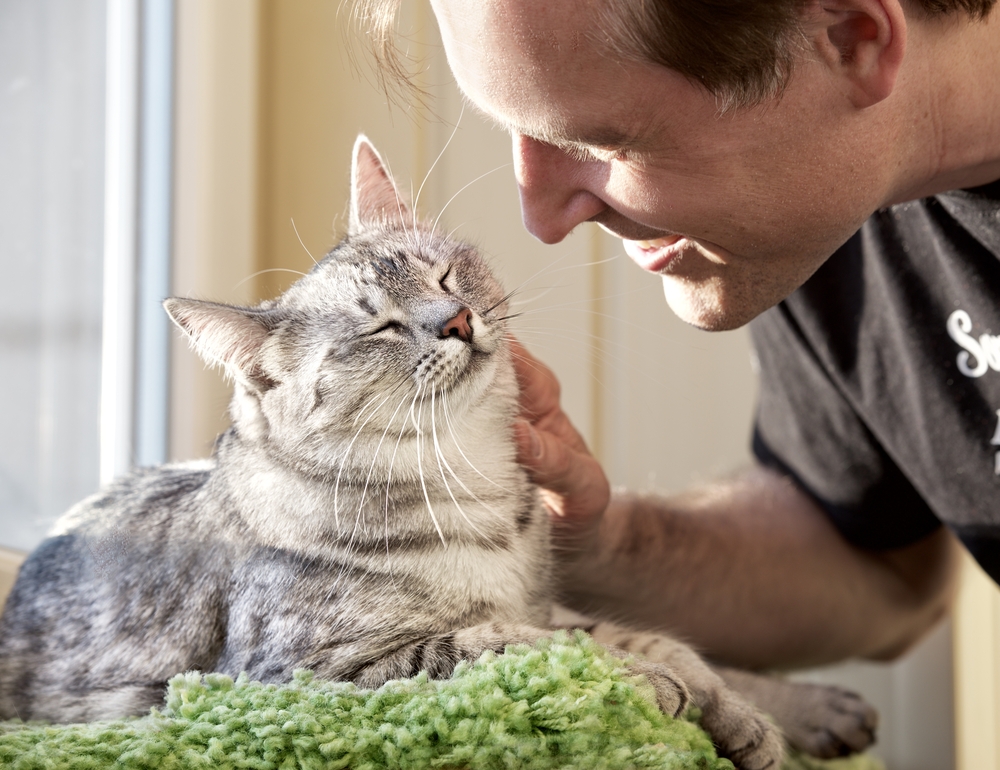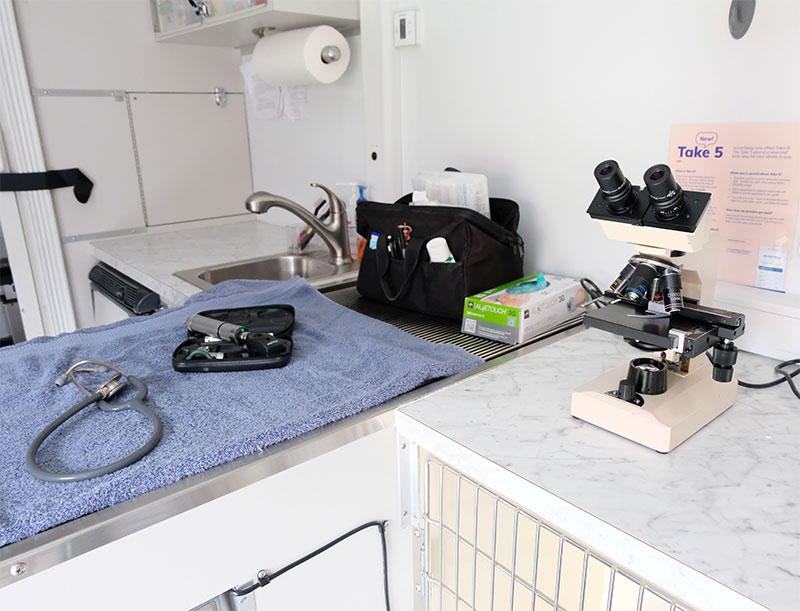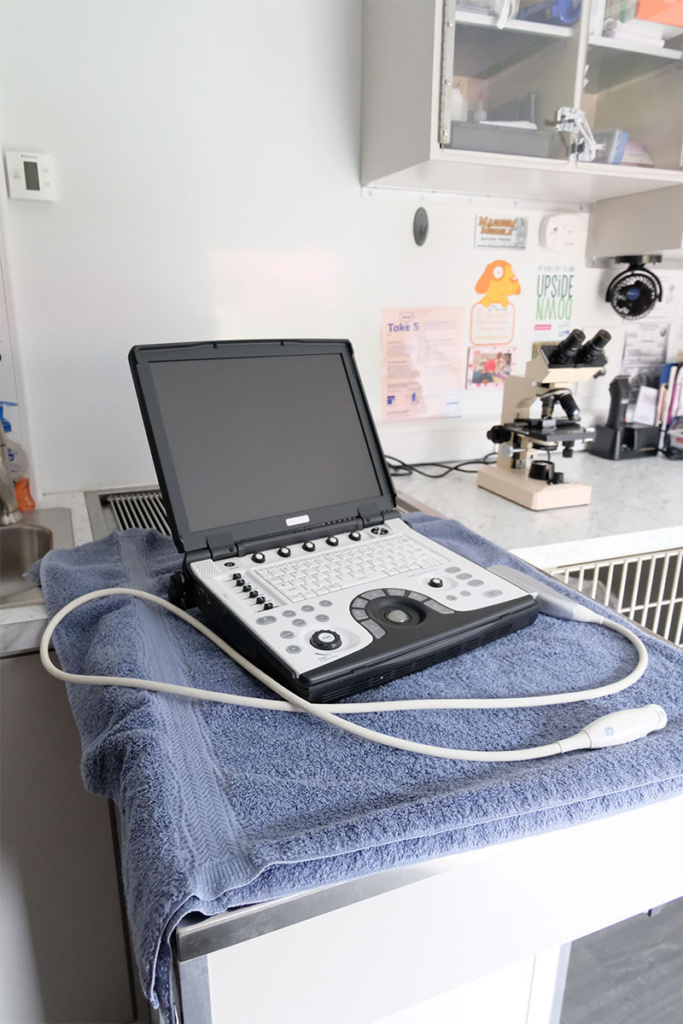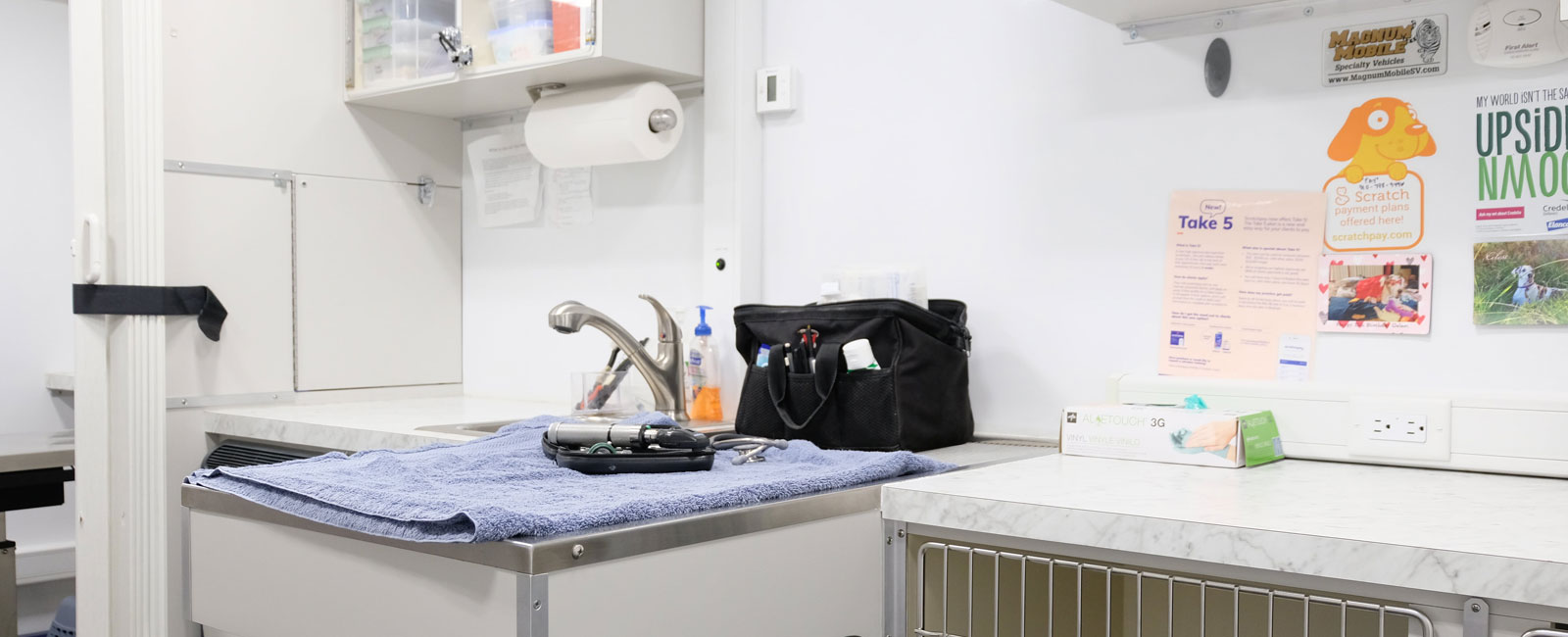
Dog and Cat Vaccines
The best way to keep your pet well is to prevent them from getting sick. In addition to regular wellness exams, vaccines are the most important part of preventive care measures for your pet. As a patient of Signature Veterinary Services, your cat or dog can still benefit from a full schedule of vaccinations without the stress of a trip to the vet.
Why Vaccinations Are So Important for Health
Vaccines are developed to protect cats and dogs from contracting some of the most contagious and fatal diseases. Having pets vaccinated decreases disease spread, saves lives, and avoids costly treatment measures, which are not always successful. In addition to safeguarding your pet’s health, certain vaccines also protect against zoonotic diseases that can be transferred from pets to people.




Are There Any Risks Associated with Vaccinating Pets?
Like most medical treatments, vaccines do have some risks. Reactions, however, are rare and side effects are usually very mild. The benefits of vaccinating pets far outweigh any potential risks. We develop safe and effective vaccine programs tailored to the individual pet.
Determining Which Vaccines Your Pet Should Have
Vaccinations for both cats and dogs are placed into two categories: core and non-core vaccines.
Core vaccines are those that are recommended and/or required by law for all pets to receive. Core vaccines in dogs include rabies, distemper virus, parvovirus, adenovirus, and canine Leptospira. Core vaccines in cats include rabies, herpesvirus 1, calicivirus, panleukopenia virus, and leukemia virus (in kittens).
Non-core vaccines are optional and recommended based on a pet’s lifestyle, environment, and potential exposure risk. Examples include Bordetella, canine influenza, and canine rattlesnake.
After a careful review of your pet’s lifestyle, our veterinarians at Signature Veterinary Services will design a customized vaccine program for your dog or cat to ensure he or she is adequately protected.
Vaccine Titer Testing for Dogs and Cats
Pets receive vaccines on a specific schedule to prevent or reduce the severity of specific diseases. A vaccine titer measures levels of disease-specific antibodies present in the blood. These antibody levels indicate potentially how well protected an animal is from a specific disease.
Vaccine titers have historically been very expensive, however, they are becoming less cost-prohibitive. Titers can be used to decide whether to re-vaccinate a pet at the normally scheduled frequency. If titer levels are sufficiently high, antibody levels are likely sufficient to protect against disease, and thus re-vaccination against that disease may not be warranted. This only applies to titer levels for the following core vaccines (vaccines recommended for all pets, regardless of lifestyle):
- Canine distemper virus (core vaccine for dogs)
- Canine adenovirus (core vaccine for dogs)
- Canine parvovirus (core vaccine for dogs)
- Feline panleukopenia virus (FPV) (core vaccine for cats)
While titers can be used to decide whether re-vaccination is needed for these core vaccines, they do not matter for the rabies vaccine, which is also a core vaccine. Legally, pets must receive a rabies vaccine at specific time intervals, regardless of titer level.




In addition to determining if re-vaccination is needed for the core vaccines as described above, vaccine titers can also be useful in other scenarios. One scenario is if a puppy or kitten will be traveling often, it may be a good idea to check their vaccine titers 2 to 4 weeks after they complete their initial vaccine series (which is usually complete around 16 weeks of age). If the titers measure low, the puppy or kitten should be revaccinated as they are not protected from specific diseases. Another scenario, while uncommon, is pets who have severe adverse reactions to vaccines. Measuring titers will enable the determination of whether re-vaccination on the normal schedule is needed, or if vaccines can be postponed. Additionally, in pets with unknown vaccine history, vaccine titers can help determine whether they need to receive certain core vaccines (canine distemper virus; canine adenovirus; canine parvovirus, and feline panleukopenia virus). Again, rabies vaccination is required if it’s out of date and/or the history is unknown. Vaccine titers can also be used to identify “genetic non-responders”, which are animals unable to produce large quantities of antibodies when given certain vaccines. These pets will have consistently low antibody levels despite being re-vaccinated multiple times.
While there are many benefits to performing vaccine titers, there are also drawbacks. A high vaccine titer does not guarantee 100% protection from disease. As with any test, there is always the potential for error (i.e., high titer levels, but low antibody levels). Additionally, vaccine titers only provide a snapshot of antibody levels at a single moment in time and thus do not provide any information about future immunity. Antibody levels may become insufficient before the next titer or vaccine is scheduled.
Conveniently Establish Your Pet's At-Home Vaccination Schedule with Our Mobile Veterinary Clinic
Vaccination schedules for cats and dogs depend on the pet’s age, history, and the type of vaccines administered. Puppies and kittens usually receive their first vaccinations at or around 8 weeks of age. They’ll receive booster vaccines every 3-4 weeks until at or after 16 weeks of age. Once pets reach adulthood, core vaccine boosters are usually administered every 1 to 3 years and non-core vaccines as frequently as every 6 months.
At Signature Veterinary Services, our team educates you about disease risks and vaccination protocols and, with your input, identifies the most appropriate vaccines for your individual pet. With mobile care, you can skip the stress of visiting a hospital and enjoy the undivided attention you and your pets receive…right at your doorstep.







